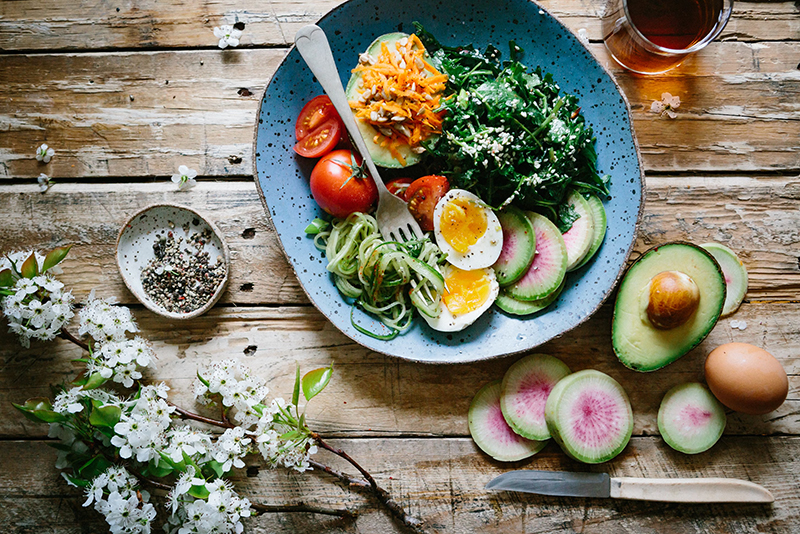We all know hydration is important, yet many people struggle to drink enough water. Whether it’s forgetfulness, a dislike of the taste, or just not prioritizing it, staying hydrated is one of the easiest health habits that often gets overlooked.
Why It Matters
Your body is about 60% water. Water plays a vital role in digestion, temperature regulation, joint lubrication, nutrient transport, and even cognitive function. Even mild dehydration can lead to headaches, fatigue, brain fog, and cravings.
Common Barriers
Some people say they don’t feel thirsty. Others simply forget to drink water throughout the day. And for those who dislike the taste, plain water feels like a chore.
Practical Solutions
- Flavor it naturally: Add slices of cucumber, lemon, mint, or berries to your water. Infused water is refreshing and far more enticing than plain tap water.
- Use a water bottle you love: A reusable bottle with time markers can act as a visual reminder to sip throughout the day.
- Anchor to habits: Link water drinking to routines—after brushing your teeth, before each meal, or following every bathroom break.
- Set reminders: Use phone alarms or apps that prompt you gently to hydrate.
- Eat water-rich foods: Cucumbers, watermelon, oranges, and soups can contribute to your hydration.
How Much Is Enough?
The old “8 glasses a day” rule is a decent starting point, but individual needs vary. Factors like activity level, climate, and diet all influence how much water you need. A good rule of thumb: your urine should be light yellow.
Myth Busting
Coffee and tea do count toward your fluid intake! Though they’re mildly diuretic, they still contribute to hydration. Just don’t rely on them as your only source.Final Thoughts
Staying hydrated is one of the most impactful things you can do for your health—and one of the simplest. Make it easier, make it enjoyable, and make it part of your daily flow. Your body (and brain) will thank you.

